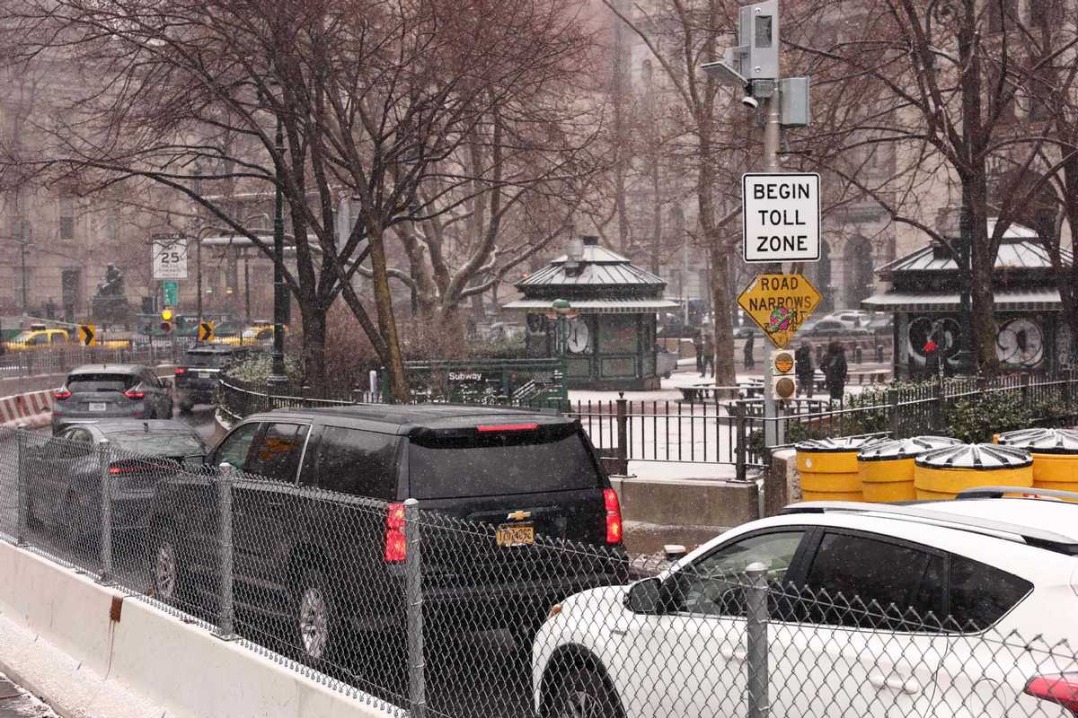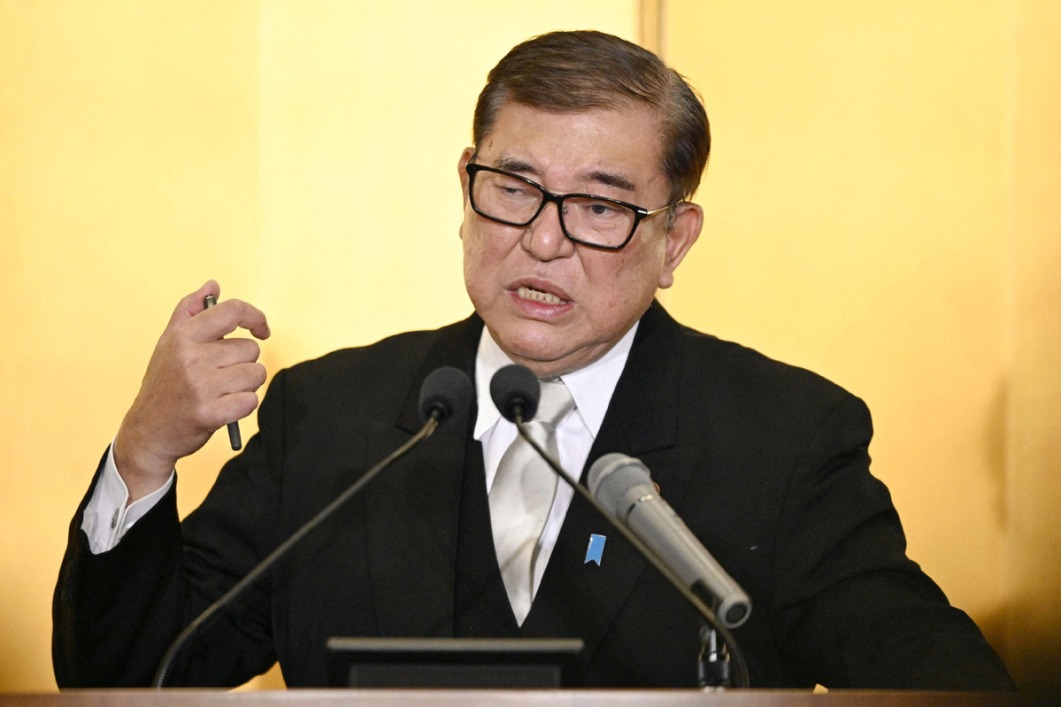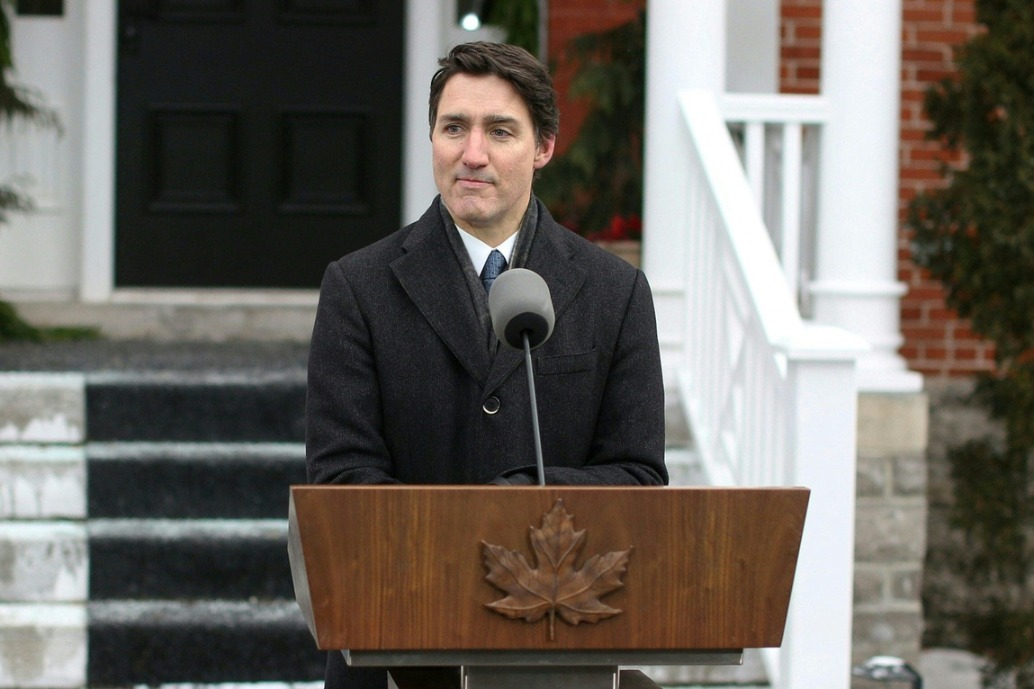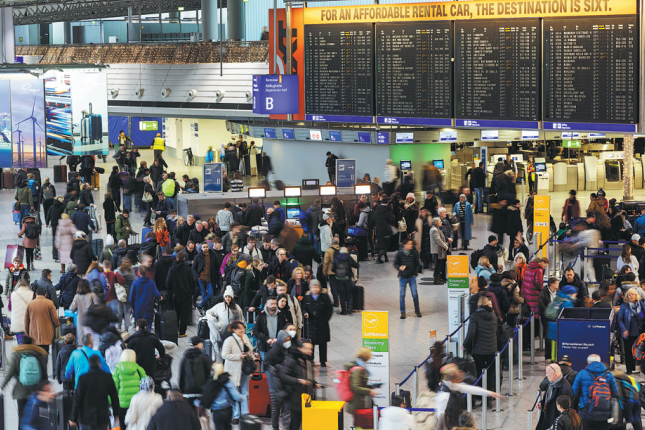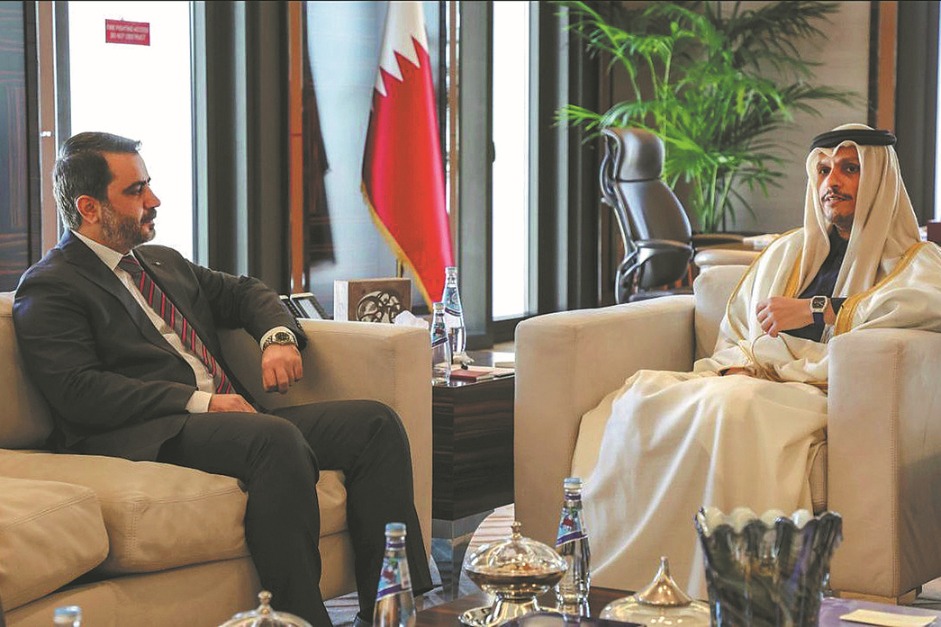China: US holding WTO process hostage

China on Tuesday accused the United States of abusing its decision-making powers at the World Trade Organization by holding hostage the selection process of new members to its dispute settlement court, known as the Appellate Body.
Zhang Xiangchen, China's ambassador to the WTO, told a General Council meeting on Tuesday that "if the selection process is not launched, the functioning of the Appellate Body will be paralyzed, which will put the entire dispute settlement system in crisis".
The US has refused to start the process to fill the vacancies in the Appellate Body unless it undergoes changes demanded by the US.
The body is composed of seven members but only four are now in office since one has resigned and two others' terms have expired. Three judges are required to hear each appeal.
Zhang described the WTO dispute settlement system as facing its most difficult time since its creation, saying that "without such a system, the WTO's trade rules will no longer be effectively enforced, and the trust and credibility of the multilateral trading system will be deeply undermined," according to a Xinhua News Agency report.
"Ultimately, we will not be able to effectively restrain unilateralism and protectionism," Zhang said.
He said China cannot agree with the US linking its concerns to the selection process.
"The member-driven mechanism does not mean that it is driven by only one single member," he said, adding that such concerns should be addressed through discussion under the WTO framework and China is willing to engage in such discussion.
WTO Director-General Roberto Azevedo on Monday called on members to boost their engagement towards tackling a number of systemic challenges, including the blockage of nominations to the Appellate Body.
He said it was of "utmost importance" that members work to resolve the impasse regarding nominations. "If we do not find a solution here - whatever shape that solution may take - we could severely compromise the whole multilateral trading system," Azevedo said.
China has filed cases against the US regarding its Section 232 steel and aluminum tariffs and its proposed tariffs under the Section 301 of US Trade Act of 1974.
Zhang said the US veto and its tariffs have systematically challenged the WTO's fundamental principles. "Any one of these, if left untreated, will fatally undermine the functioning of the WTO," he said.
Scott Lincicome, an adjunct scholar at the Washington-based Cato Institute and an international trade attorney, said it is "really a shame" that the Trump administration hasn't shown a significant regard for the multilateral system.
He described the WTO dispute settlement system as the "crown jewel" of international law. "Now when you have a big player that stops valuing the system, that's where problems can emerge," he said in a podcast last Friday.
Lincicome said recent US tariff measures and other unilateral actions "fly in the face of WTO rules".
"These types of things really strain the system, they strain the credibility of the system," he said, referring to the US invocation of national security with the steel and aluminum tariffs and a number of protectionist trade measures.
Xinhua contributed to this story.

















